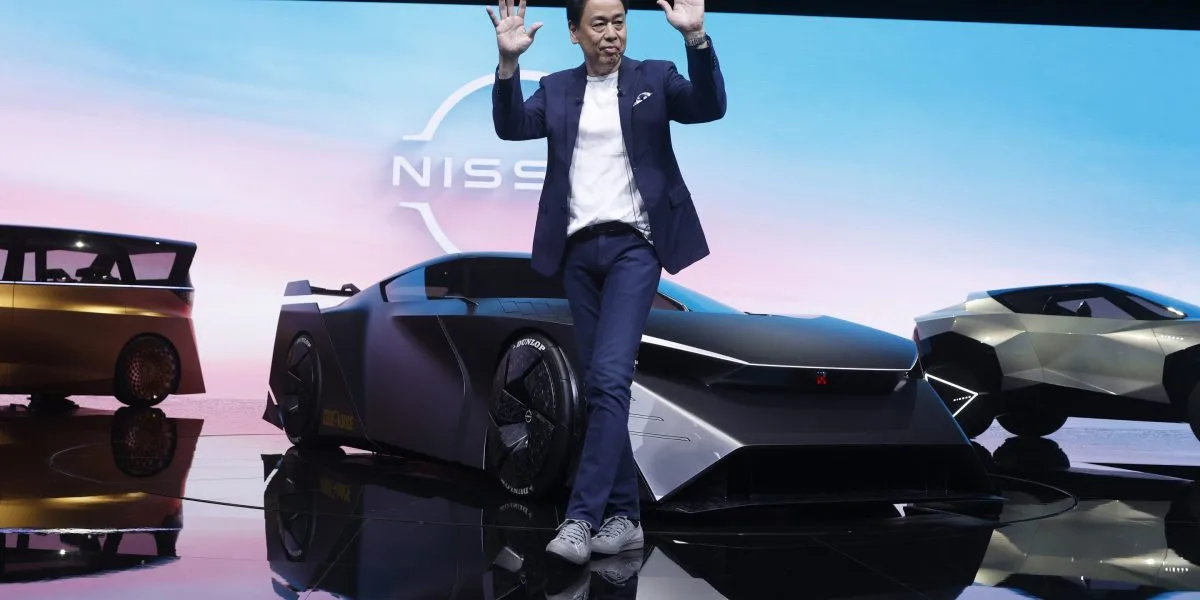The Rise of Chinese Electric Vehicles: A Global Disruption
Introduction
Electric vehicles made in China are rapidly gaining popularity worldwide, challenging the notion that all EVs are produced solely by Chinese carmakers. Nissan recently announced its plans to sell China-developed EVs globally, taking advantage of the lower manufacturing costs in China. This move is indicative of China’s growing influence in the car manufacturing industry, compelling global players to adapt their strategies and expectations. The dominance of Chinese EV makers in the supply chain, enabling them to keep costs low, is a key advantage as they strive to expand globally.
China’s Supply Chain Dominance
Chinese EV makers, such as BYD, Nio, Xpeng, and Li Auto, have established control over their supply chains to varying degrees. BYD, for instance, owns the entire supply chain of its EV batteries, from raw materials to finished battery packs, and even designs its own semiconductors. This level of vertical integration allows Chinese manufacturers to reduce production costs significantly, making their EVs highly competitive in the global market.
Competitive Pricing
China’s cost advantage has compelled legacy automakers worldwide to prioritize cost-cutting measures. Earlier this year, BYD introduced the Seagull, an EV priced at around $11,000 in China, quickly becoming one of the bestselling models domestically. Similarly, other Chinese EVs, like the Dolphin hatchback from BYD, are priced significantly lower than their counterparts, such as Volkswagen’s ID.3 hatchback, giving them the potential to disrupt overseas markets.
Quality Concerns
Many people assume that Chinese EVs are lower in quality, although some models have had issues in the past. For instance, a recent recall of the Ora, a Chinese model by Great Wall China, warned of the risk of electric shock during the charging process. However, Tesla CEO Elon Musk, who once mocked BYD cars in 2011, now considers Chinese carmakers to be extremely competitive due to their manufacturing capabilities and impressive work ethic.
The Global Impact
The rise of Chinese EVs has raised concerns not only among automakers but also among car-parts manufacturers like ZF Friedrichshafen in Germany. They acknowledge the need to adapt and prepare for greater competition as Chinese automakers expand overseas and bring their local suppliers with them. Companies like Nissan, Tesla, Ford, and BMW have responded by increasing their exports of EVs manufactured in China.
The Chinese Market as a Testbed
Within China, the world’s largest EV market, foreign automakers like Nissan have been losing ground to domestic brands. To regain its foothold, Nissan plans to collaborate with China’s Tsinghua University on EV technology research, aiming to better understand the Chinese market and develop strategies that cater to local customers’ needs. This strategy aligns with the belief that if a company can succeed in China’s competitive market, it can thrive anywhere in the world.
Conclusion
Chinese electric vehicles are not limited to Chinese carmakers alone. Nissan’s decision to sell China-developed EVs globally signifies China’s growing influence in the industry and the need for global players to adapt. Chinese EV makers’ control over the supply chain and competitive pricing have made them formidable contenders in the global market. As the automotive industry navigates the rise of Chinese electric vehicles, it must be prepared for the challenges and opportunities that lie ahead.







